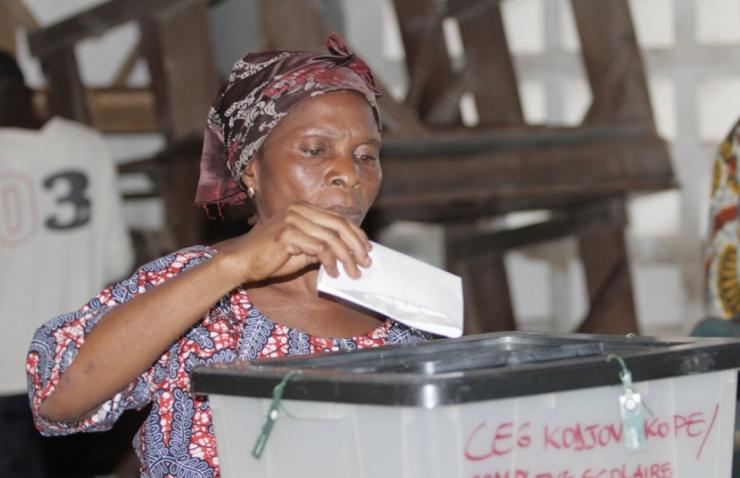Africa’s election issues.

Electoral events refer to issues, problems, or challenges that influence elections and voters’ choices. Inherent in the democratic process, they vary depending on the political, economic, social and cultural context of a particular country.
In short, they often include issues of democracy, transparency, access to information, political participation, representativeness, good governance, human rights, and so on. Focusing on these issues is more important than ever to ensure elections that are free, transparent and credible; in fact, it helps to strengthen citizens’ trust in the
democratic system.
In Africa, the electoral process is plagued by major problems related to democracy and political participation. Consequently, challenges such as guaranteeing fundamental rights and freedoms, the political inclusion of minorities, the transparency of electoral processes and the participation of young people and women are still important issues.
Besides, it is not uncommon for elections to be a source of tension and conflict in most African countries. This is due to corruption and fraud, on the one hand, and the tendency towards exclusivity, on the other. These problems dilute trust and undermine the legitimacy of results. In this increasingly digitalized world, access to information and technology represents a major challenge for African elections, as it can affect transparency, communication between stakeholders and voter education.
Furthermore, politicians’ exorbitant earnings influence elections in Africa in one way or another. Didn’t Jean-Marie Ntema say that “Ants never go to an attic where there is nothing”? In some African countries, such as the Democratic Republic of Congo, everyone wants to run towards the same attic; and those who are already there certainly don’t want to leave it. This leads to corruption in government and coups d’état. Politicians may be tempted to accept bribes or engage in illegal activities to increase their personal wealth, compromising the integrity and transparency of electoral processes.
Furthermore, elections in Africa are subject to the long hand of external powers. Financed largely by these powers, they dictate the outcome of the electoral process one way or another.
Western geopolitics, the interests of multinationals and the political calculations of international bodies come into play. Aren’t international observers really the eyes of the so-called “great powers”, who want things to go according to their understanding and vision? It must be said that, although this can be seen as a measure of transparency, their presence has a mainly political motive.
From the above, it is clear that solving the problems associated with electoral issues in Africa requires a multi-stakeholder approach and cooperation between various actors – including governments, regulatory bodies, civil society and citizens (without forgetting the good desire of governments to hold legitimate, free and fair elections). It should be emphasized that politicians’ remuneration must be fair and reflect the value of the work they do.
It will therefore be necessary to promote an inclusive political environment and guarantee fundamental rights and freedoms, in particular for minorities and marginalized groups, encourage the active participation of citizens in the electoral process, put in place control and regulatory mechanisms to prevent electoral fraud, corruption and abuse of power – and ensure the full transparency of the electoral process, including voter registration, vote counting and the proclamation
of results.
Charity Kahongya/J’écris, je crie



